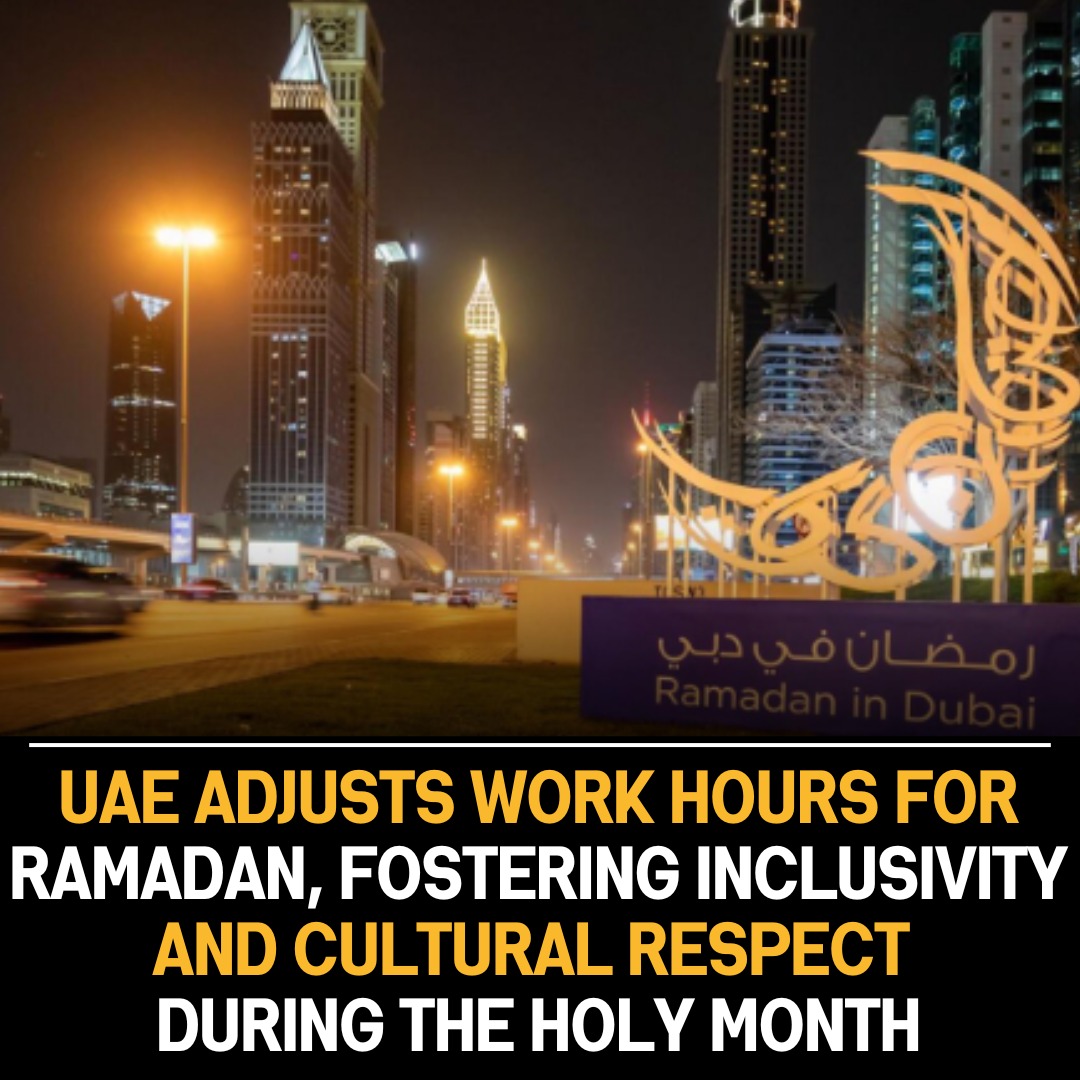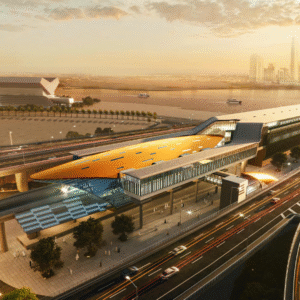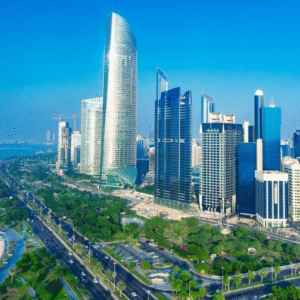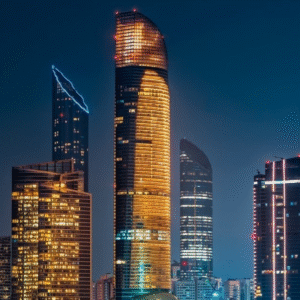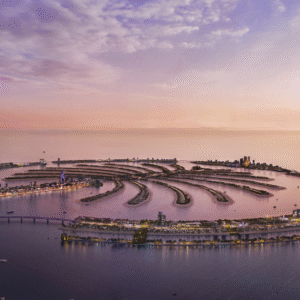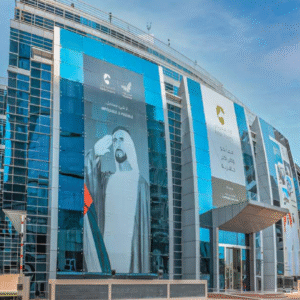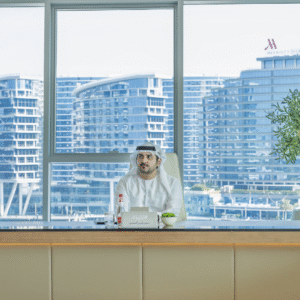In a demonstration of cultural sensitivity and inclusivity, the United Arab Emirates (UAE) has implemented adjustments to work hours during the holy month of Ramadan. This strategic move aims to accommodate both Muslims observing fasting practices and non-Muslims working in the country, fostering an environment of respect and understanding.
Ramadan holds immense significance for Muslims worldwide, marked by fasting from dawn to sunset, increased prayer, and reflection on spiritual growth. Recognizing the importance of this sacred month, the UAE government has taken steps to ensure that work hours are adapted to accommodate the unique needs of individuals observing Ramadan.
The adjustment in work hours during Ramadan is not only a practical measure but also reflects the UAE’s commitment to promoting diversity and inclusivity. By acknowledging the cultural and religious practices of its diverse population, the country emphasizes the importance of mutual respect and understanding among its residents.
The decision to adapt work hours is particularly considerate of non-Muslims, allowing them flexibility and understanding during this period. While Muslims may require different work schedules to accommodate their fasting and prayer times, non-Muslims benefit from a work environment that acknowledges and respects the cultural traditions of their colleagues.
This approach aligns with the UAE’s broader vision of promoting a harmonious and inclusive society. The country has long been a melting pot of cultures, with a significant expatriate population contributing to its dynamic and cosmopolitan atmosphere. Recognizing and accommodating the diverse needs of its residents during religious observances like Ramadan further solidifies the UAE’s commitment to maintaining a cohesive and tolerant society.
The adaptation of work hours is not just a practical adjustment; it symbolizes the UAE’s dedication to fostering an environment where individuals of different backgrounds can coexist harmoniously. It reflects a nuanced understanding of the diverse religious and cultural fabric within the country, emphasizing the importance of unity and shared values.
This proactive approach contributes to the creation of a workplace that prioritizes the well-being of its employees, fostering a positive and supportive atmosphere. By recognizing the significance of religious observances like Ramadan and making necessary adjustments, the UAE sets an example for promoting cultural diversity, understanding, and inclusivity in the workplace.
As Ramadan unfolds, the UAE’s commitment to accommodating diverse needs becomes a beacon of inclusivity, setting a standard for respectful practices in workplaces worldwide. The adaptation of work hours serves as a testament to the country’s progressive outlook and its dedication to building a society where individuals from various backgrounds can thrive and contribute harmoniously.

